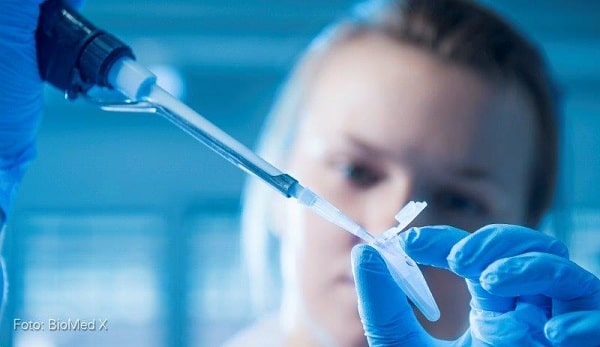Pfizer has reported new data from the Phase Ib clinical trial of PF-06939926 for the treatment of patients with Duchenne muscular dystrophy (DMD).
PF-06939926 is an experimental, recombinant adeno-associated virus serotype 9 (AAV9) capsid with a shortened variant of the human dystrophin gene (mini-dystrophin) controlled by a human muscle-specific promotor.
The company launched the multi-centre, open-label, non-randomised, ascending dose trial to assess the safety and tolerability of a single intravenous infusion of PF-06939926 in 2018.
According to the preliminary results from nine ambulatory patients aged 6 to 12 years, the drug candidates was well-tolerated and demonstrated positive efficacy with manageable safety events.
PF-06939926 is said to have led to durable and statistically significant improvements on various efficacy-related endpoints measured at 12 months after infusion.
Among the nine patients, three serious adverse events (SAEs) were reported in the first 14 days post-administration. While the two SAEs were severe in nature, all three events were said to be fully resolved within two weeks.
Pfizer Rare Disease Research Unit chief scientific officer Seng Cheng said: “Based on the encouraging preliminary efficacy data and manageable safety events from our Phase Ib study, we believe we may have a potential breakthrough therapy for boys with DMD, a devastating disease for which there remains a significant medical need.
“We are advancing our Phase III programme as quickly as possible and plan to begin dosing patients in the second half of 2020 pending regulatory approval. Our programme has the potential to be the first DMD gene therapy Phase III trial start using a commercial-scale manufacturing process.”
If the programme is successful, the company expects this manufacturing capability to help in delivering the gene therapy to DMD patients quickly, following regulatory approval.





















